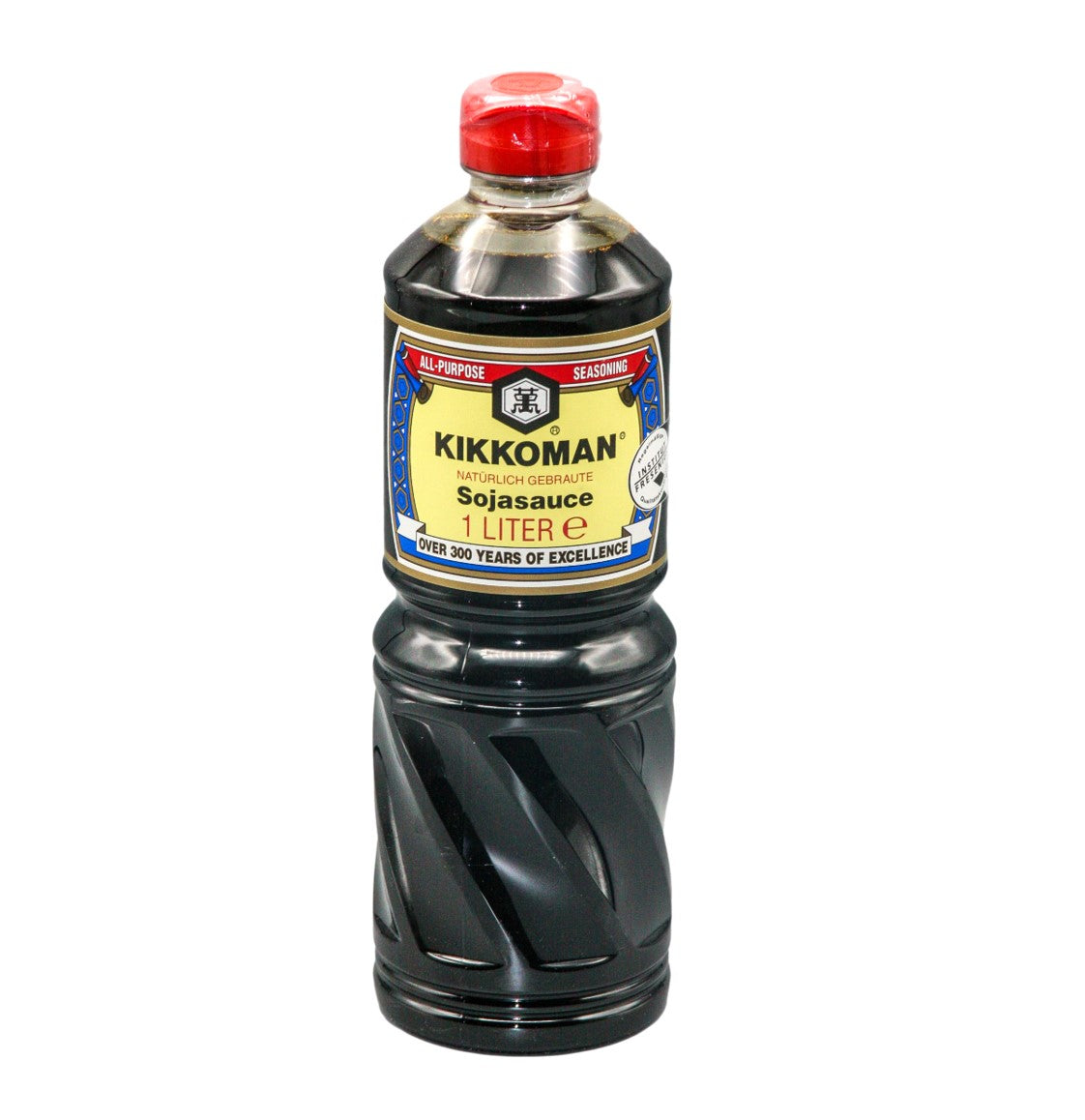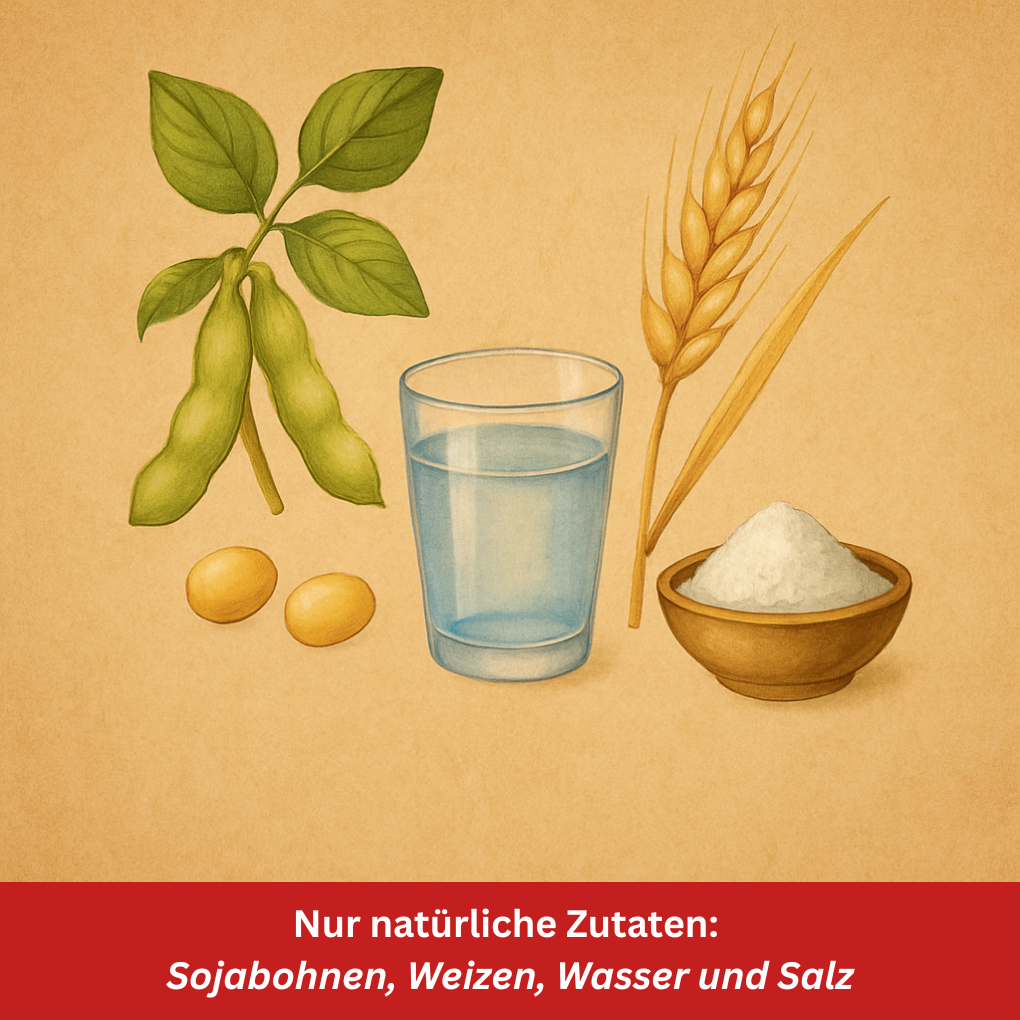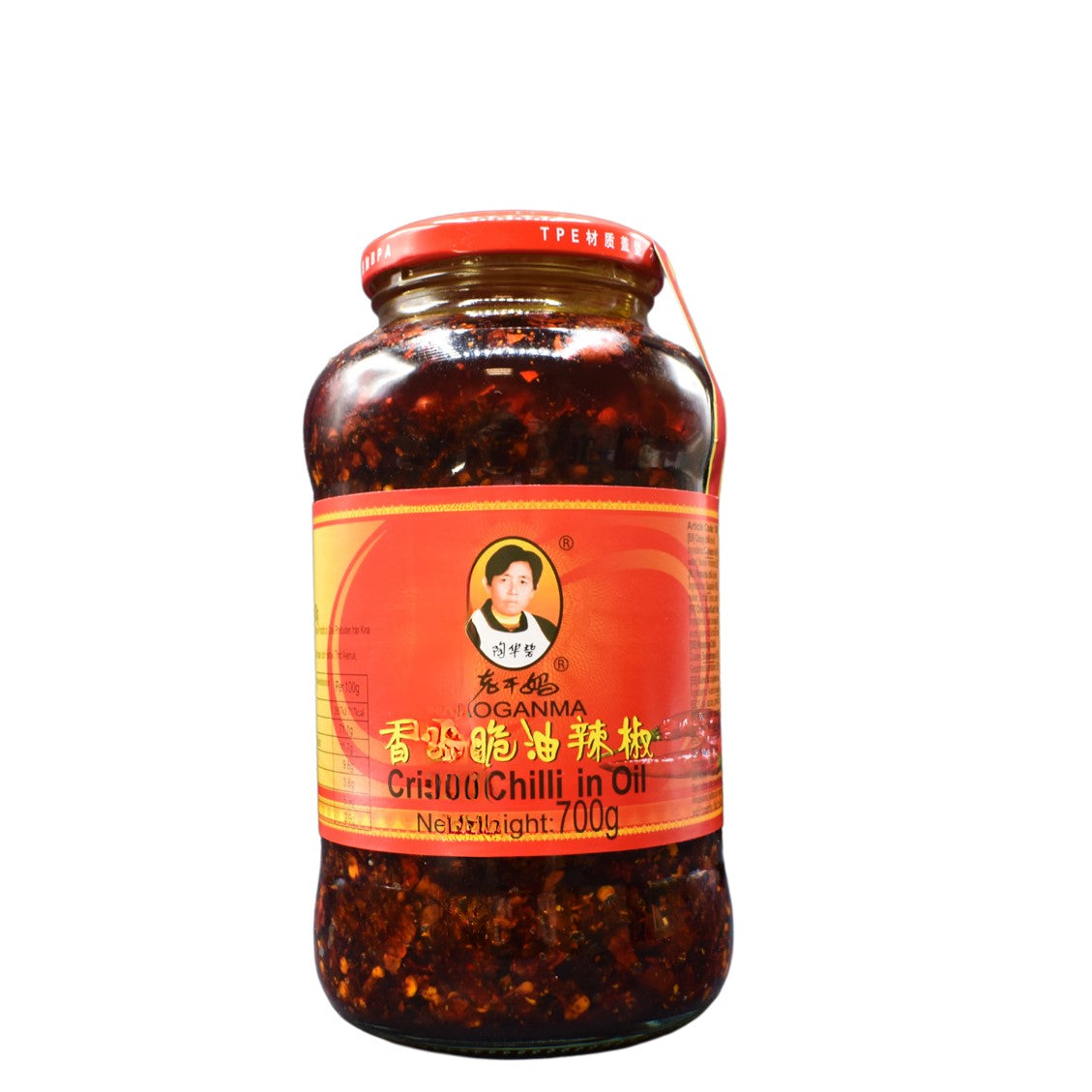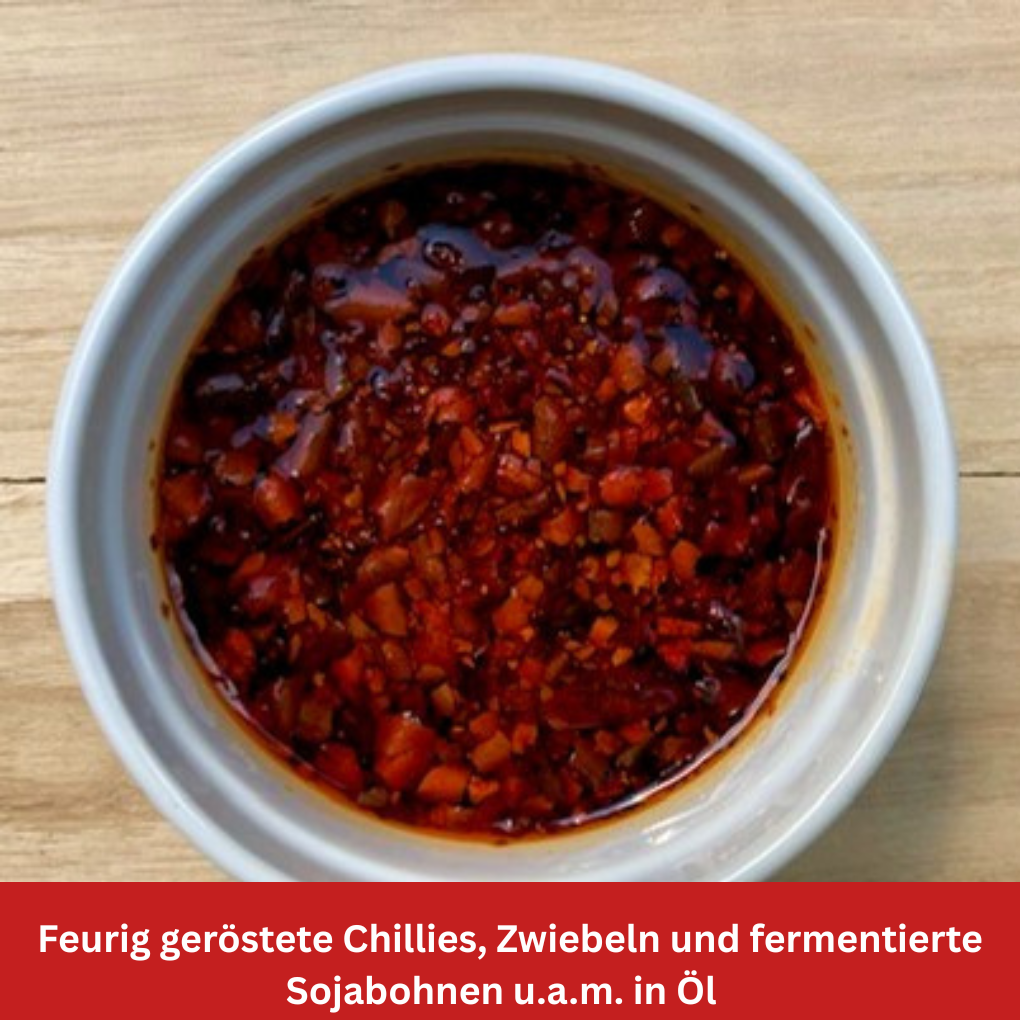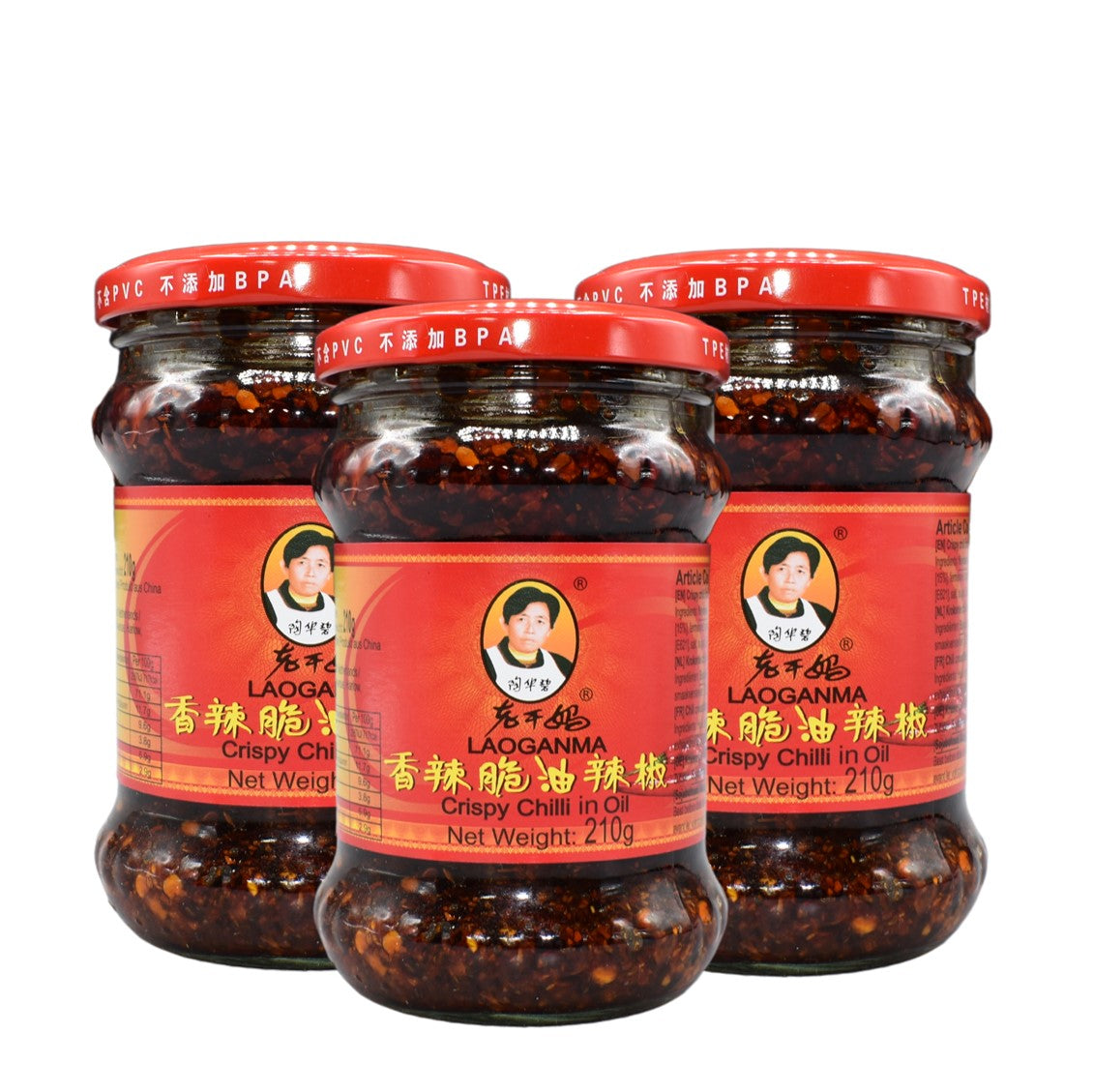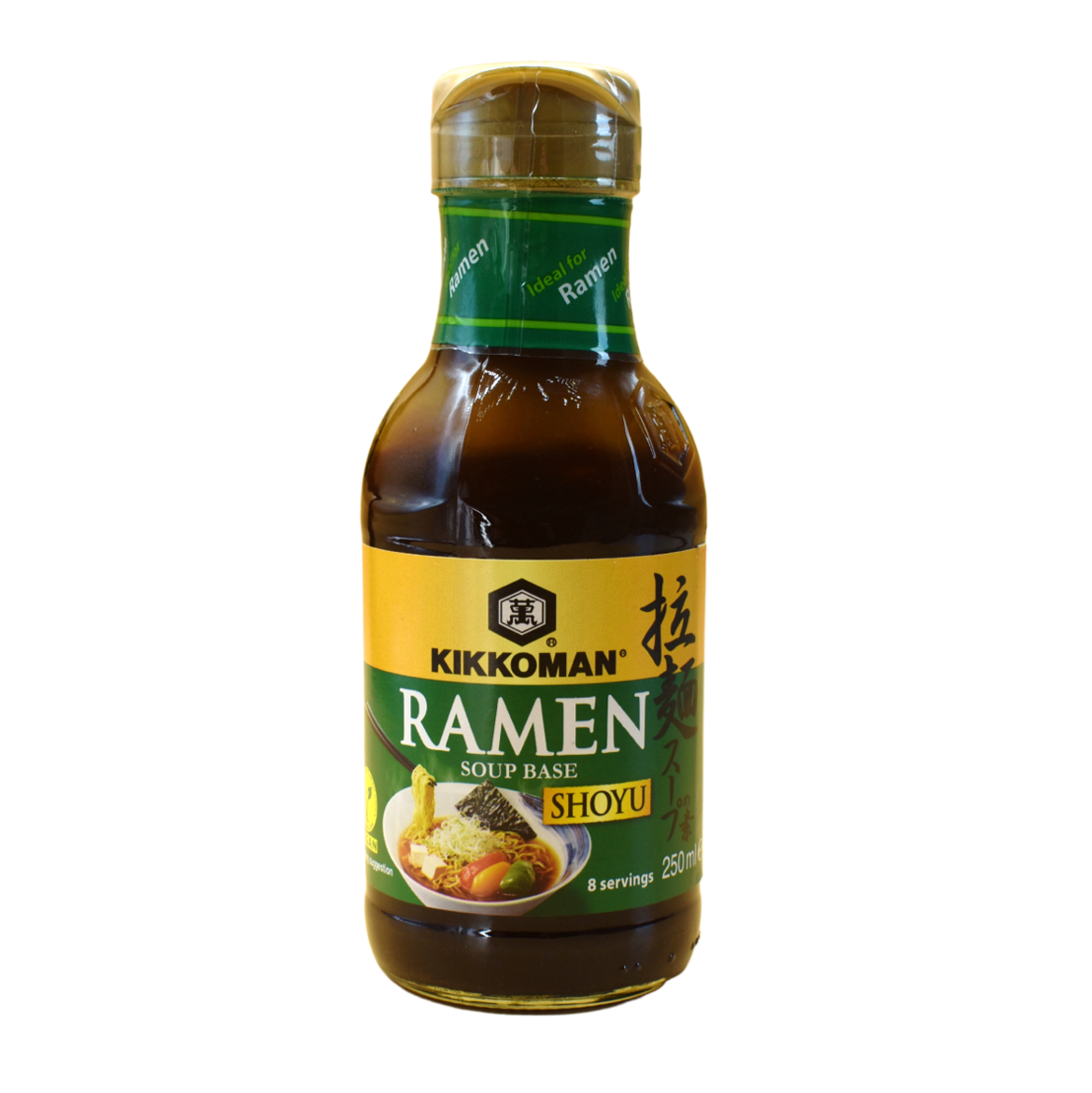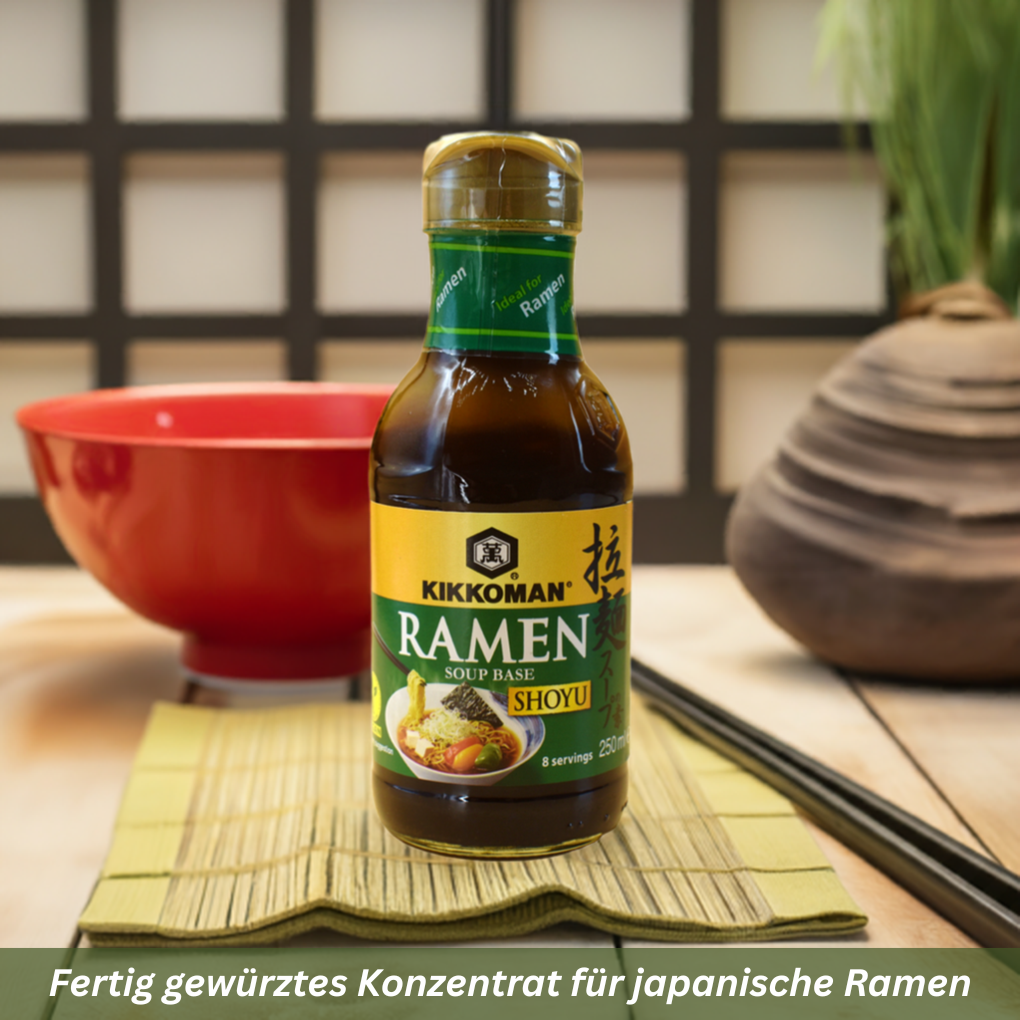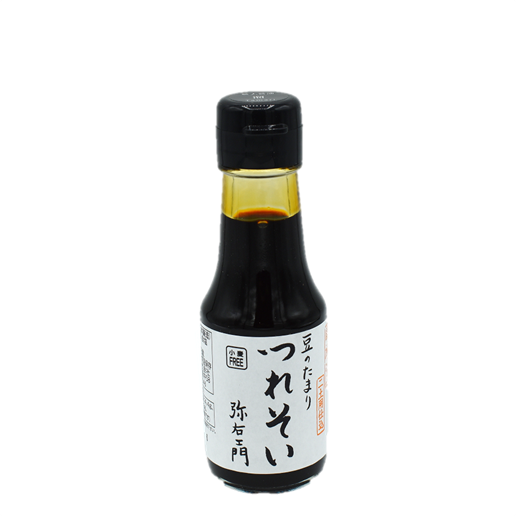
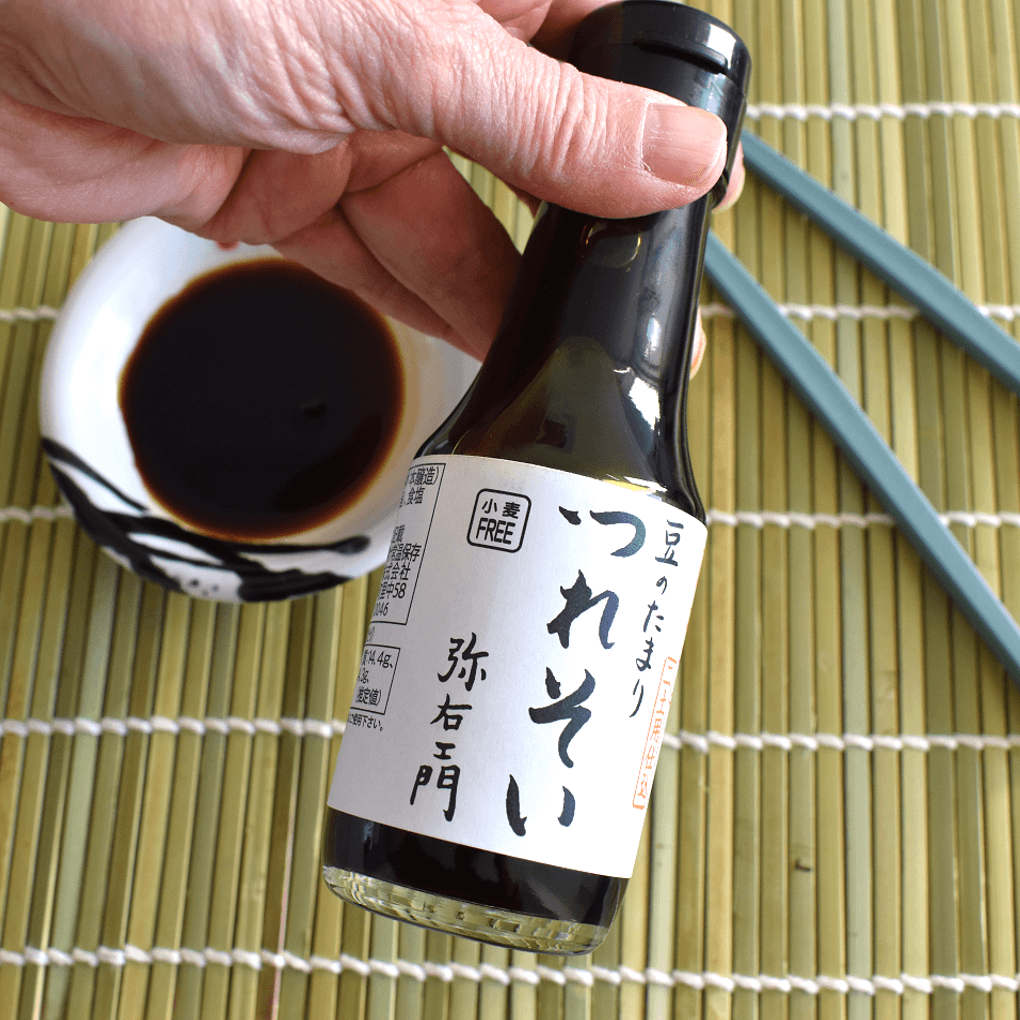
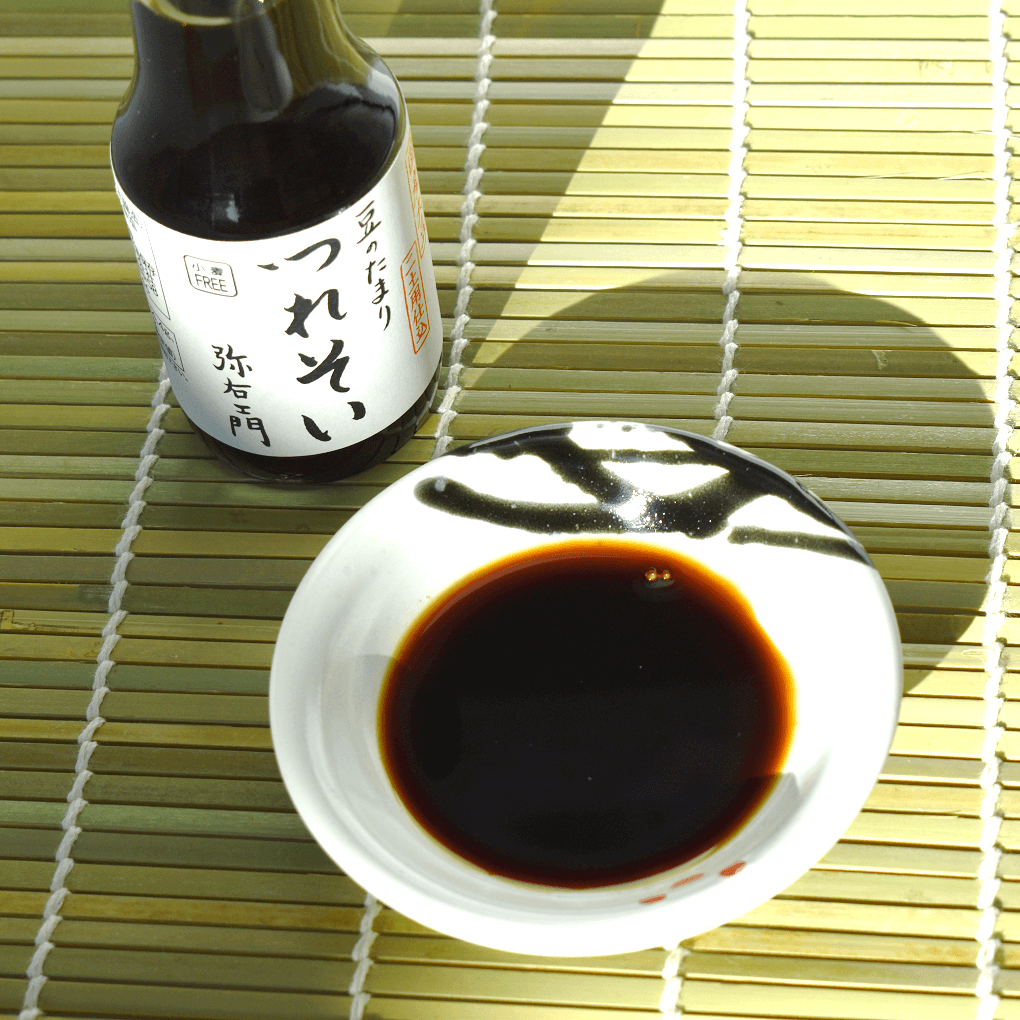
Shiro Tamari 100 ml matured in a cedar wooden barrel
Produktbeschreibung
100 ml
- Rare sauce brewed as soy sauces but without soybeans
- Very light color
- Mild taste
- Artisan production from a Japanese traditional company
- Matured in cedar wooden barrels
- Without the addition of flavors, flavor enhancers, colorings and preservatives
- Unpasteurized
What is Shiro Tamari?
Shiro Tamari is a very special Japanese sauce, made similar to white soy sauce, but only with wheat, completely without soybeans. Since it does not contain soybeans, it is not what is commonly understood as a tamari. The manufacturer calls it a "Wheat Brew Condiment". Wheat from Japanese agriculture, water from the mountains and Japanese sea salt are used for production. The sauce is aged for 3 months in cedar wood barrels.
Shiro Tamari only has a light umami note, but brings more sweetness as soy sauces with a high umami content.
Sauces like this are seen in Japan not as a sauce, but as a seasoning.
What is Shiro Tamari used for?
Due to its very light color and mild taste, Shiro Tamari is suitable for all dishes, where color plays an important role and in which the other ingredients should be supported in their own taste.
This sauce shouldn't be used for cooking, but as a finishing sauce e.g .:
- with carpaccios and ceviches
- to sashimi
- with vegetable dishes
- with egg dishes
- with pasta dishes
- as an ingredient for sauces and soups
ABOUT THE MANUFACTURER
This small soy sauce brewery has been producing white soy sauces since 1938. They developed the idea for Shiro Tamari more than 20 years ago. The quality and origin of the water played such a big role in the realization of the idea that the factory was specially set up in a place where particularly good water was available from the mountains.
You can find more interesting information on soy sauces in general, such as the umami content here.
Wheat brew spice
Delivery within 3-5 days
Origin: Japan
Ingredients: wheat, salt, shochu (rice wine distillate)
Allergens: WHEAT
| Nutritional values | per 100 ml |
|---|---|
| energy | 632 kJ / 151 kcal |
| fat | 0 g |
| saturated with it | 0 g |
| carbohydrates | 35.1 g |
| of which sugars | 25.6 g |
| protein | 2.8 g |
| salt | 17.5 g |
Responsible entrepreneur: FoodConnection GmbH, Siemensstrasse 2, 21465 Reinbek



